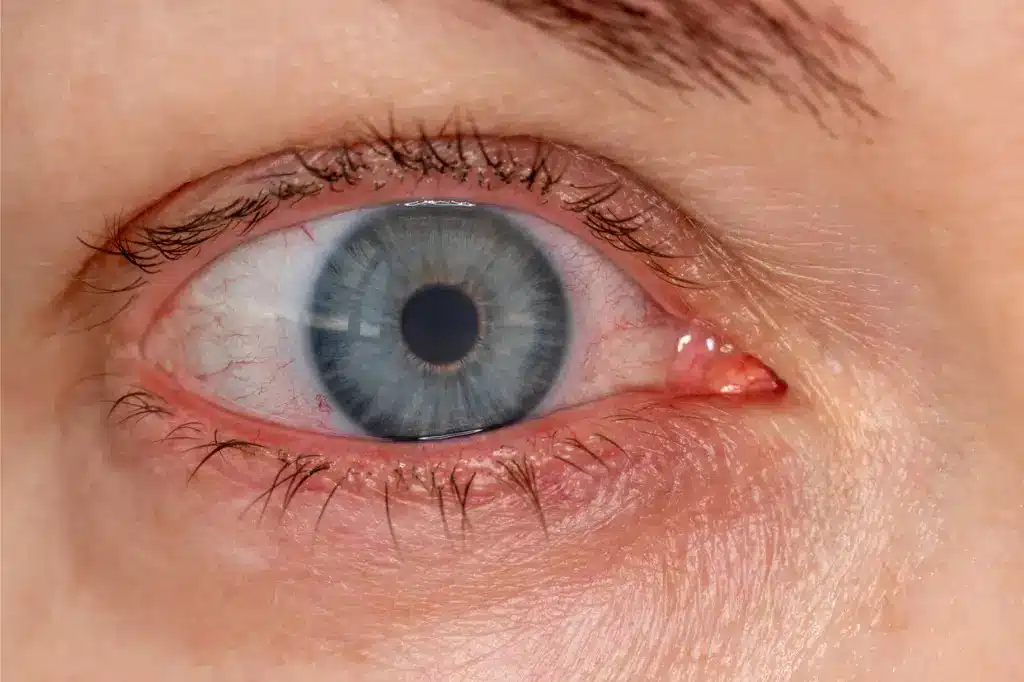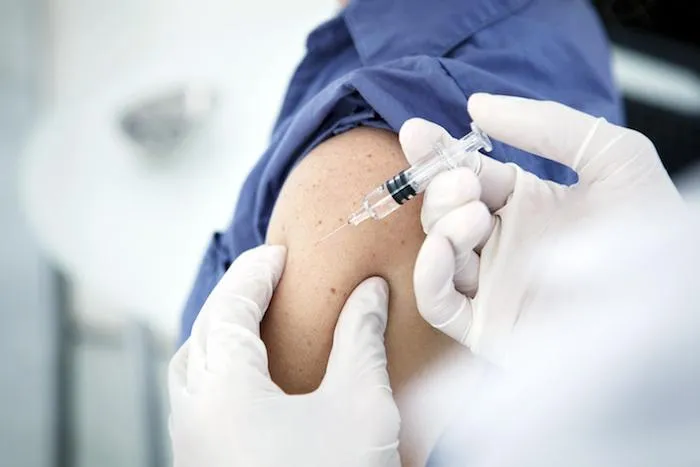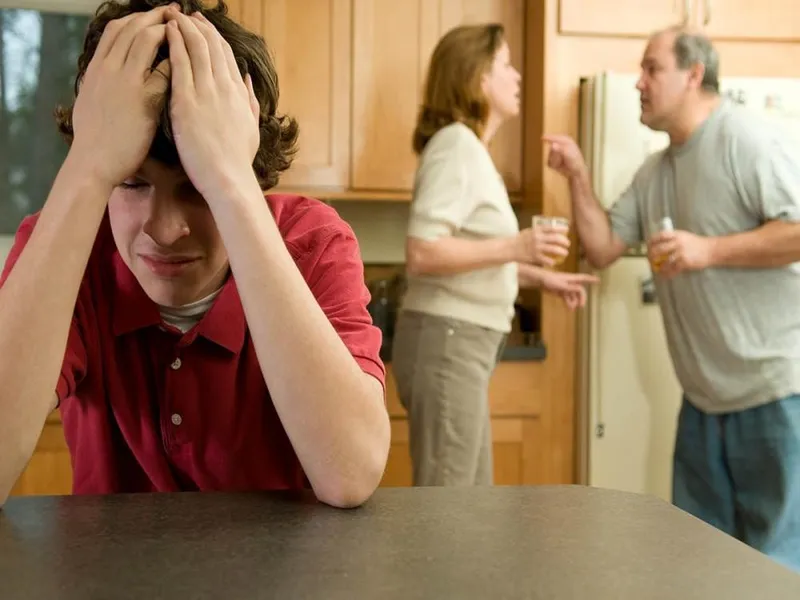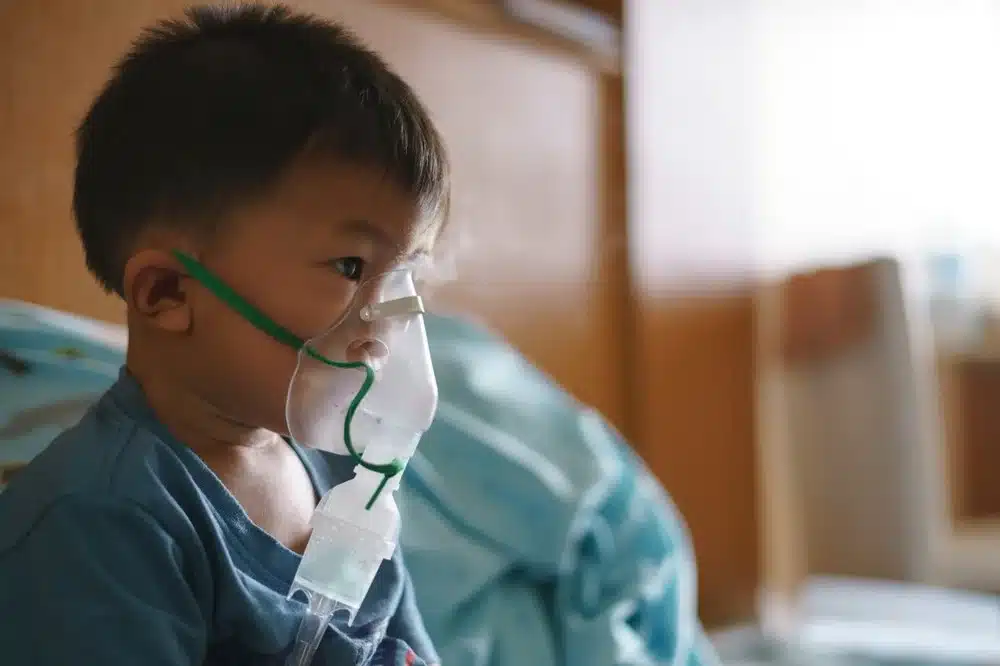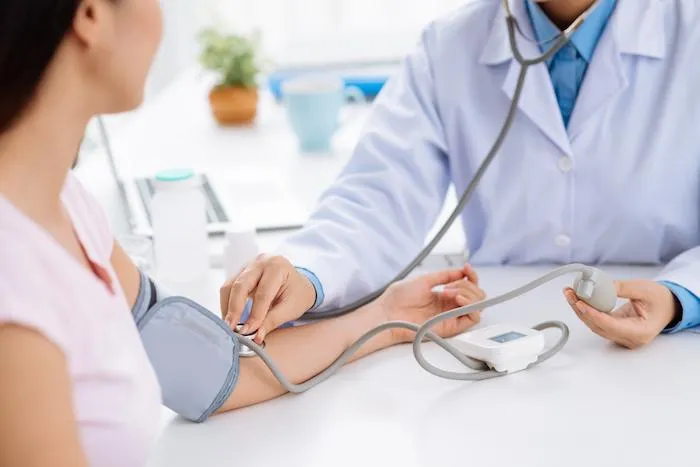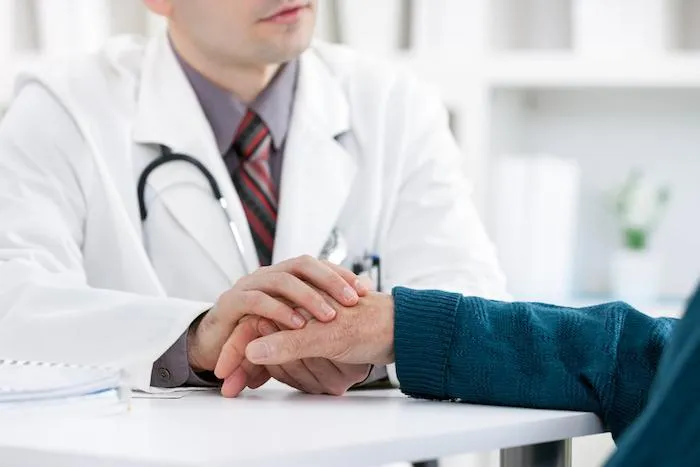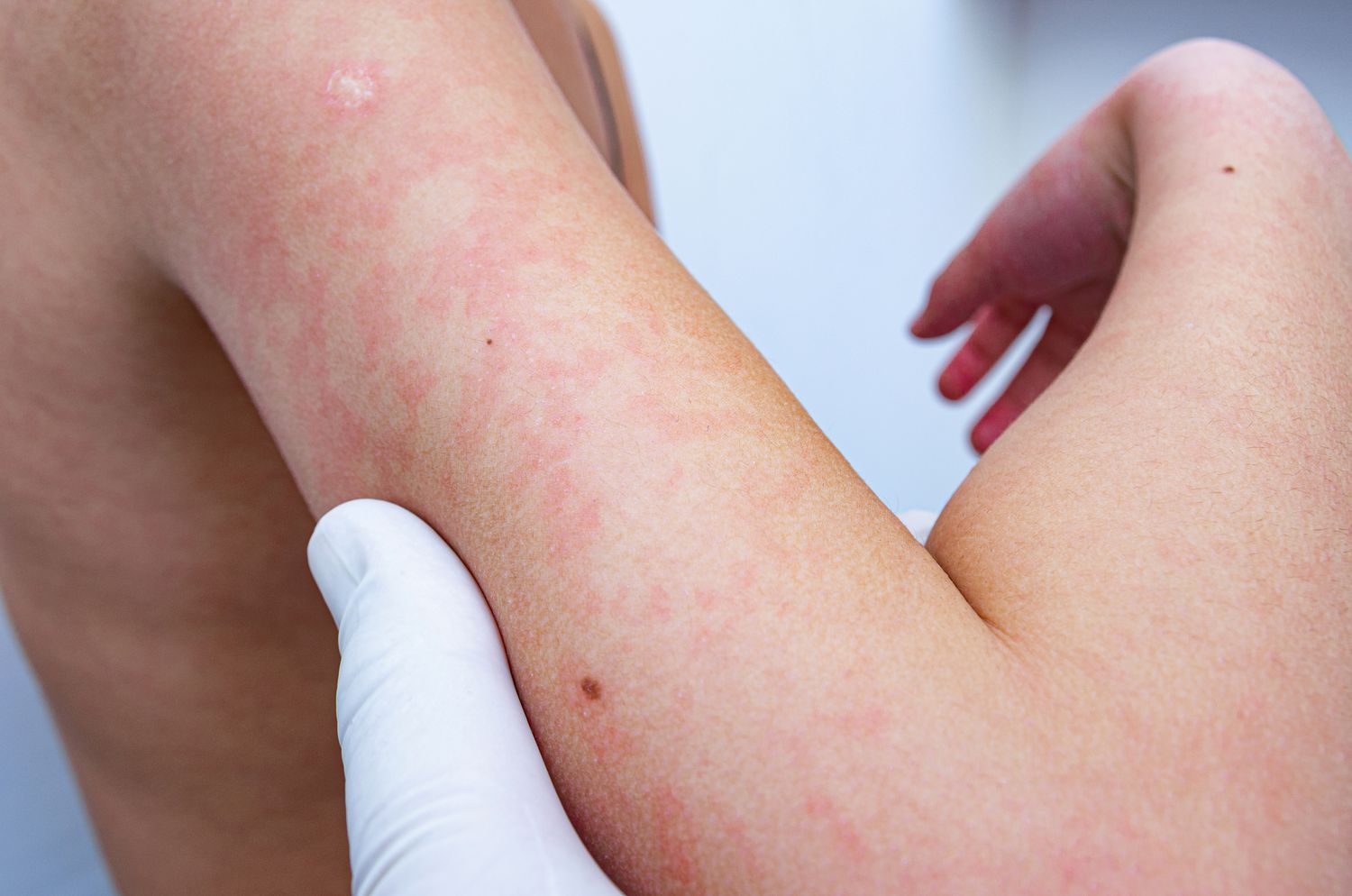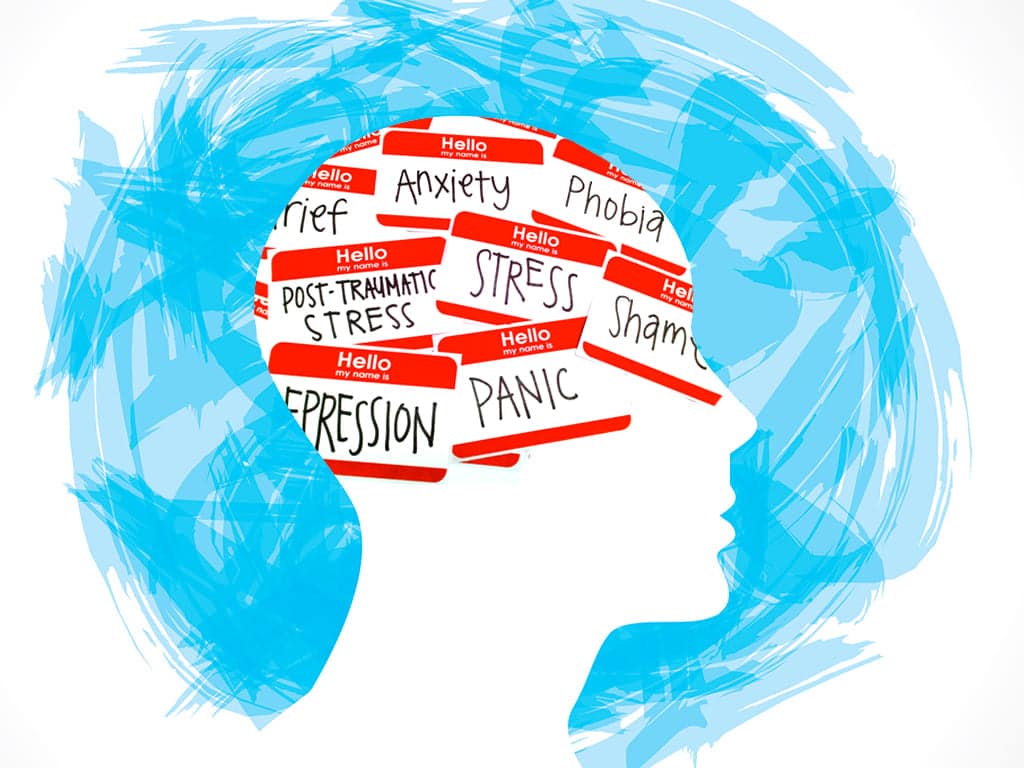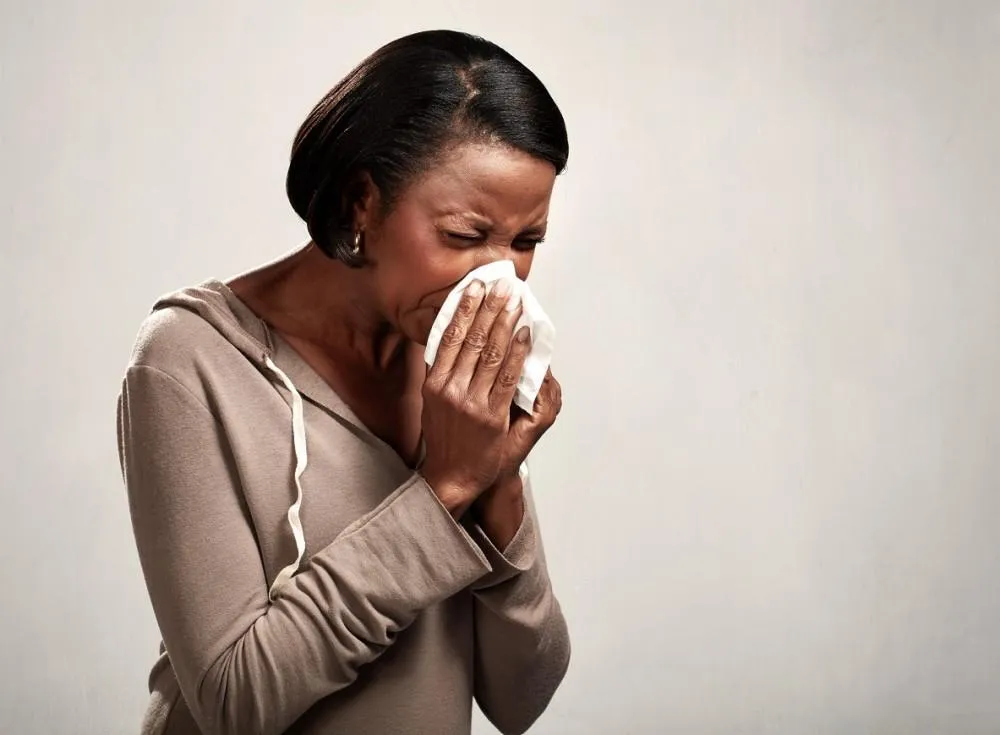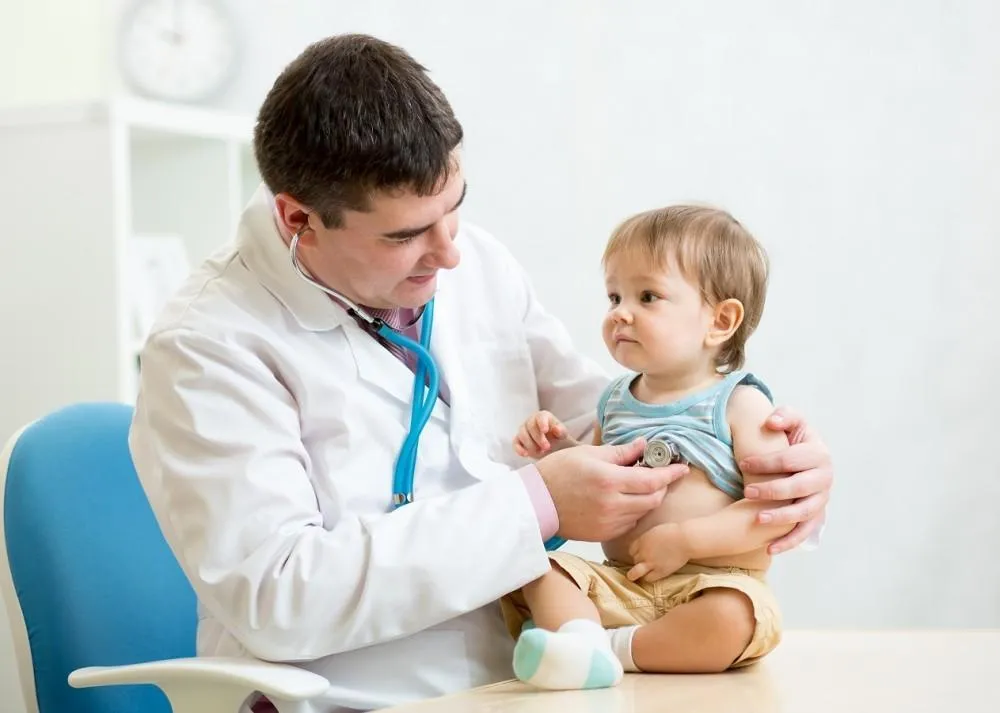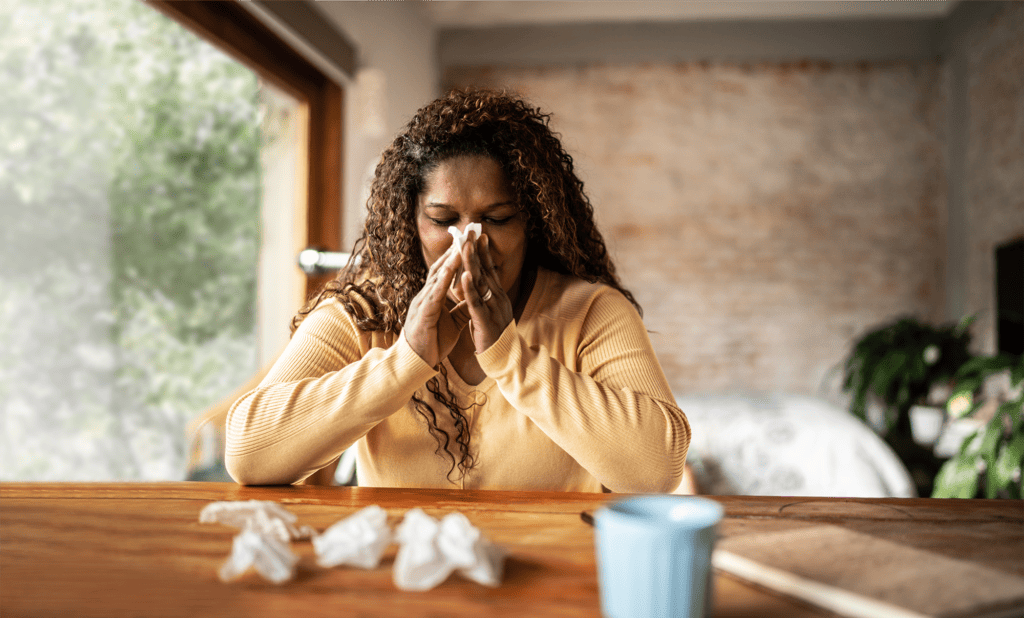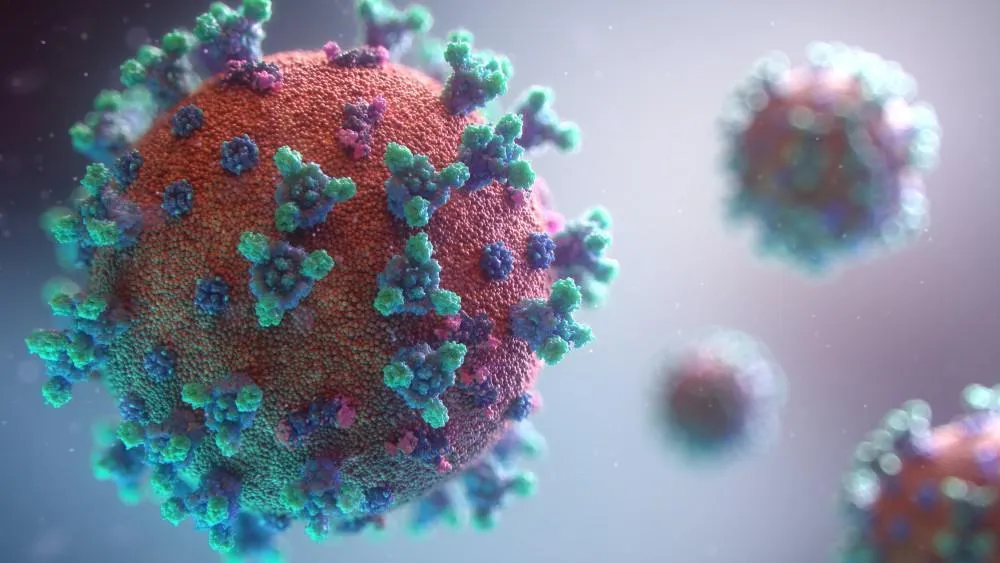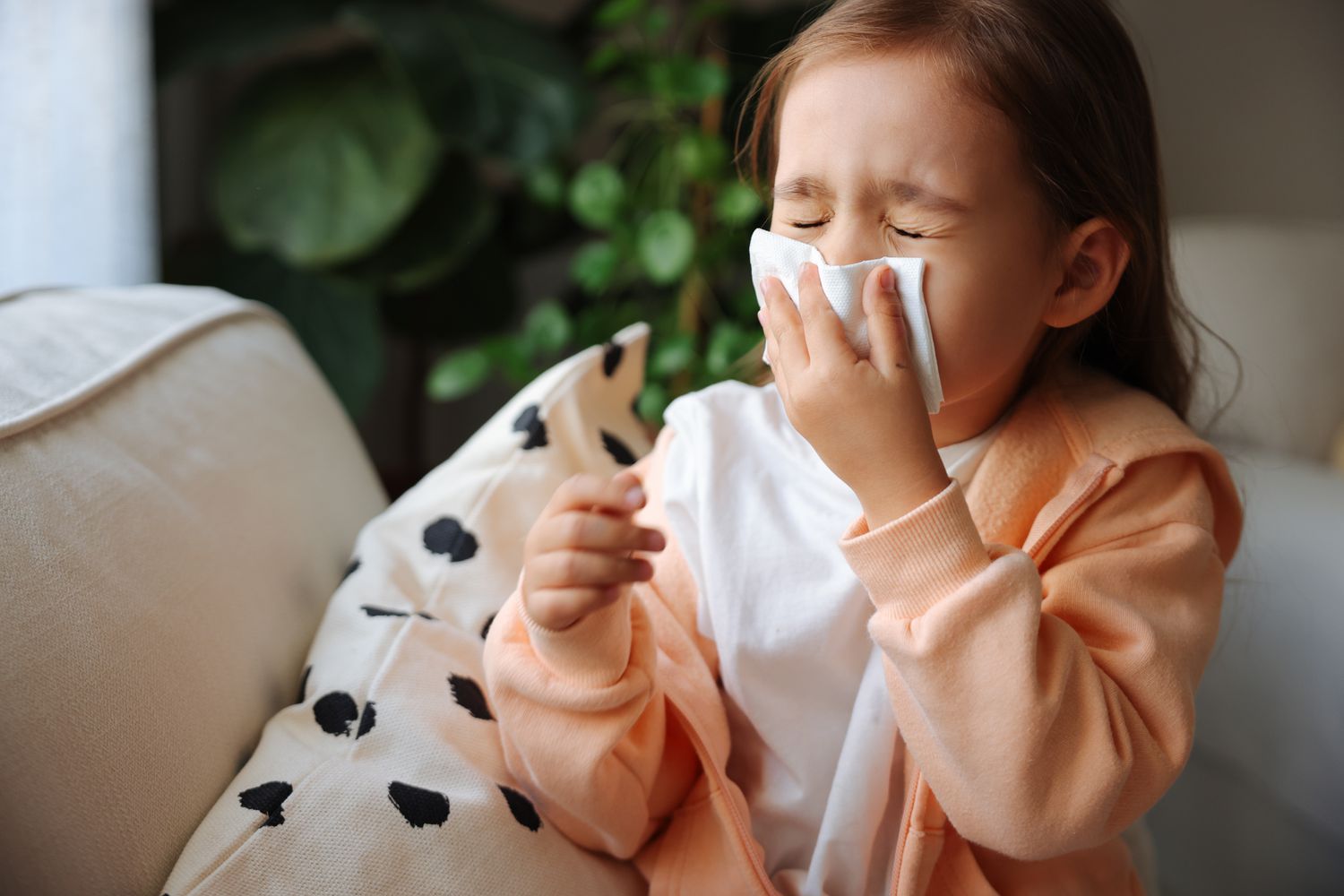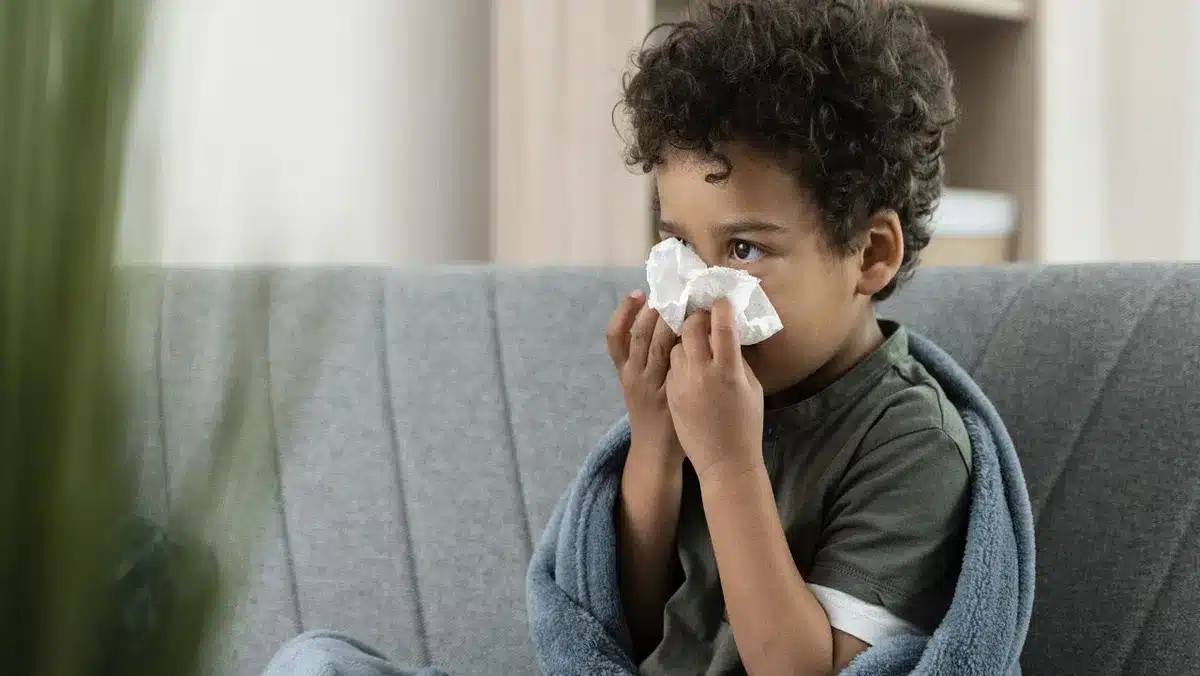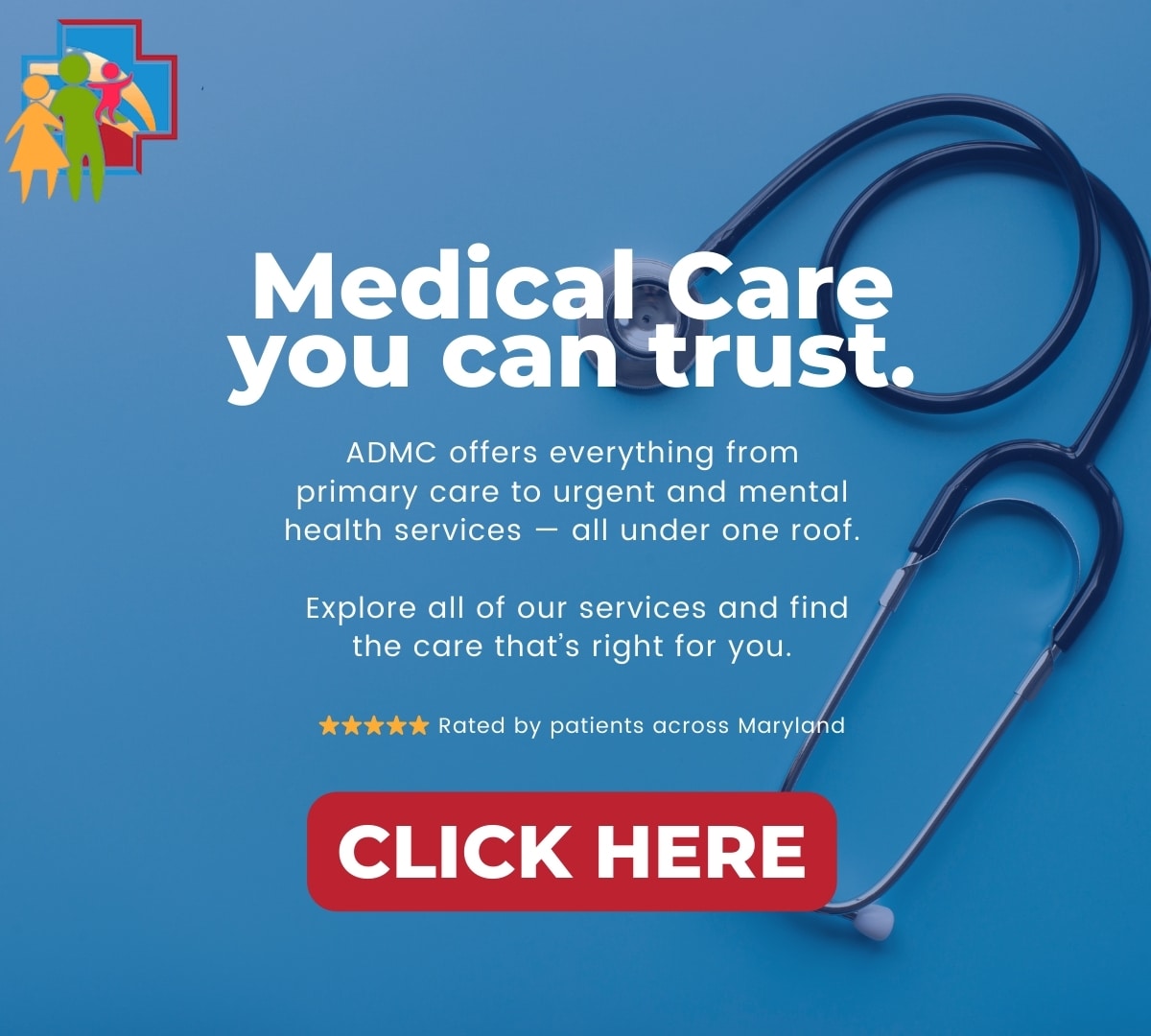Parent’s Guide to Teen Depression

Depression in teens is more than just a bad mood. Depression is characterized by a prolonged state of being down, sad, and disinterested in life. It is a problem that affects all aspects of a teenager’s life. It can occur at any age, but the most susceptible are teenagers and young adults between the ages of 11 and 30. During adolescence, the course of the disease is complicated by the impact on the psyche of hormonal restructuring, and it is at this age that the symptoms are easy to miss, writing off a prolonged depressed mood on the crisis of transition age.
Why is it so important to diagnose depression, timely consulting a doctor? It is known that the basis of depression is a violation of the balance of neurotransmitters – serotonin, dopamine, norepinephrine, which are responsible for mood. And if a bad mood can be replaced at least sometimes by a brief period of joy, fun, but in true depression in conditions of imbalance of neurotransmitters it is almost impossible.
Understanding Teen Depression
Being a teenager can be extremely difficult for some children, and depression affects teenagers far more often than we tend to think. It is estimated that one in five teenagers from all backgrounds will suffer from depression at some point during their teenage years. However, while depression in teenagers is well-treated, a large majority of depressed teens never get help. And this threatens to make depression follow him or her into adulthood.
The negative effects of teen depression go far beyond a bad mood. Depression can lead to problems in school (poor attendance, poor grades, conflicts), running away from home, desperation, and even reckless behavior. A depressed teenager becomes susceptible to addictions – to alcohol, to surfactants, to Internet addiction. All this can lead to a significant deterioration of both physical and psychological health.
One important thing to realize is that teen depression goes beyond whimsy. It is a serious health problem that affects all aspects of life. Fortunately, parents can assist in enhancing their child’s well-being, and depression is treatable. Your love, guidance, and support can help your child overcome depression and get their life back on track.
Moreover, depression after COVID in teenagers has become a significant concern, necessitating focused mental health support and intervention to help them cope with the pandemic’s lingering effects.
Depression in Teens vs. Adults
Why are teens so depressed? Teenagers rely on adults for a great deal, even when they say completely different things. This is the main difference between depression in adults and teens. While adults can seek help on their own, teens rely on teachers, parents, or other adults to recognize the problem and help them deal with it. But this is not always easy. For one thing, depressed teens don’t necessarily look sad. Instead, the most noticeable symptoms may be annoyance, anger, and agitation.
Depression in teens can be very different from depression in adults. The following symptoms are more common in teens than in adults:
- Irritability turning to aggression. As noted, irritability, rather than sadness, is often the predominant mood in depressed teens. A depressed teen may be irritable, hostile, easily frustrated, or prone to outbursts of anger.
- Unexplained pain. Depressed teens often complain of physical ailments such as headaches or abdominal pain. Unless a thorough physical examination reveals a medical cause, these aches and pains may indicate depression.
- Extreme sensitivity to criticism. Why is my teen depressed? They suffer from feelings of worthlessness, which makes them extremely vulnerable to criticism, rejection, and failure. This is a particular problem for those who strive to be the best at everything.
- Avoidance of certain people. While adults tend to isolate themselves when depressed, teens tend to maintain at least some friendships. However, depressed teens may socialize less than they used to, distance themselves from their parents, or begin to socialize with other people they weren’t friends with before.
How to Help a Depressed Teenager?
Teenage depression is very harmful if left untreated, so don’t wait and hope that the troubling symptoms will go away. If you suspect your teenager is depressed, just keep loving them and showing them love, don’t judge or criticize.
Even if you’re not sure the problem isn’t depression, the troubled behavior and emotions you see are signs of other problems that should be addressed as well. Be a friend to your child and show that you are on their side in any case.
Open a dialog by letting your teen know what specific symptoms of depression you’ve noticed and why they bother you. Then ask your child to share what he or she is experiencing and be ready and willing to listen. Refrain from asking a lot of questions (most teens don’t like to feel patronized) but let them know that you are ready for anything and are willing to give them any support they need.
What Is the Treatment for Depression in Teens?
How to help a depressed teen? The methods of treatment of teenage depression vary depending on the age and necessarily under the supervision of a doctor. It is worth noting the importance of the necessary normalization of the psychological climate in the close surroundings of the teenager. Treatment of depression in adolescents is a difficult and responsible task for a specialist. This is due mostly to the fact that depression in adolescents is complicated by numerous relapses and has a prolonged character. In addition, it is very often accompanied by suicide attempts, so it is necessary to respond to changes in the child’s condition as soon as possible.
Depression therapy consists of two components: psychotherapy and drug therapy. In non-severe cases with rare, not pronounced exacerbations, only psychotherapy without medication can be applied.
How to help a depressed teenager? Psychotherapy techniques include cognitive behavioral therapy:
- Cognitive-behavioral therapy. It is based on work with complexes, self-esteem and shyness. The aim of the method is the full social adaptation of the adolescent.
- Individual psychotherapy is aimed at developing the adolescent’s ability to fight back and express his/her opinion.
- Family psychotherapy – if the cause of complications lies in family conflicts, misunderstandings and abuse, it is necessary to work not only with the child but also with the parents. Family psychotherapy with a behavioral health therapist will help to balance the relationship between family members and come to a compromise.
Drug therapy is represented by antidepressants. Modern medicine can offer the doctor a choice of drugs with different mechanisms of action.
As a rule, improvements do not make you wait. With the combined use of psychotherapy and psychopharmacotherapy, they come quite quickly. However, you should not abruptly stop taking medications and psychotherapy sessions. Quality treatment of depressive states usually takes at least 6 months. It is important to treat it with responsibility and understanding.
How Does Therapy Help Teens Who Are Depressed?
How to help a teen with depression? Therapy plays a crucial role in helping teens who are depressed by providing a safe space to express their feelings and thoughts. Trained therapists use various techniques, such as cognitive-behavioral therapy (CBT), to help teens identify and challenge negative thought patterns. This process empowers teens to develop healthier coping mechanisms and improve emotional regulation. Sleep problems and depression often go along with each other so make sure your child gets a good night’s sleep.
Additionally, therapy can address underlying issues contributing to depression, such as family conflicts, academic pressure, or social difficulties. Through regular sessions, teens build a trusting relationship with their therapist, gaining support and guidance. Ultimately, therapy promotes resilience, self-awareness, and positive behavioral changes, improving mental health and overall well-being. Different treatment options for mental health will help a teenager to cope with depression.
Conclusion
“I’m deeply concerned because my teenager is depressed”, – this is the most popular parents’ phrase. Take action now to support your teen’s mental health! Recognize the signs of depression, maintain open communication, and seek professional help. Encourage healthy habits and provide a nurturing environment. Early intervention is key to helping your teen overcome depression and thrive. Start the conversation today.




